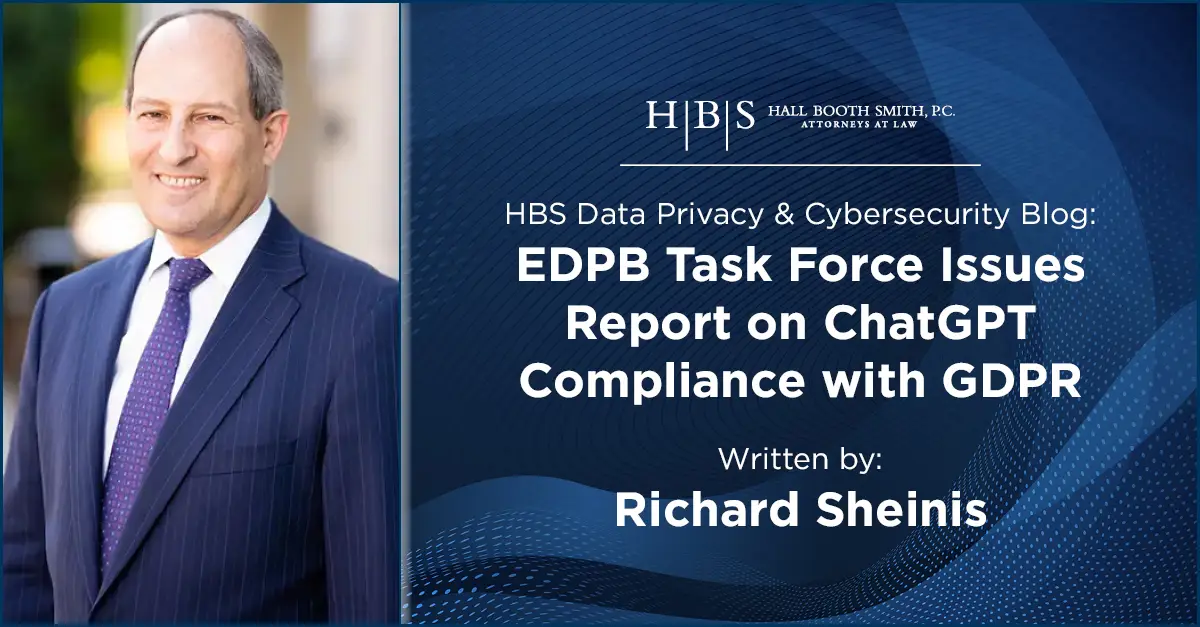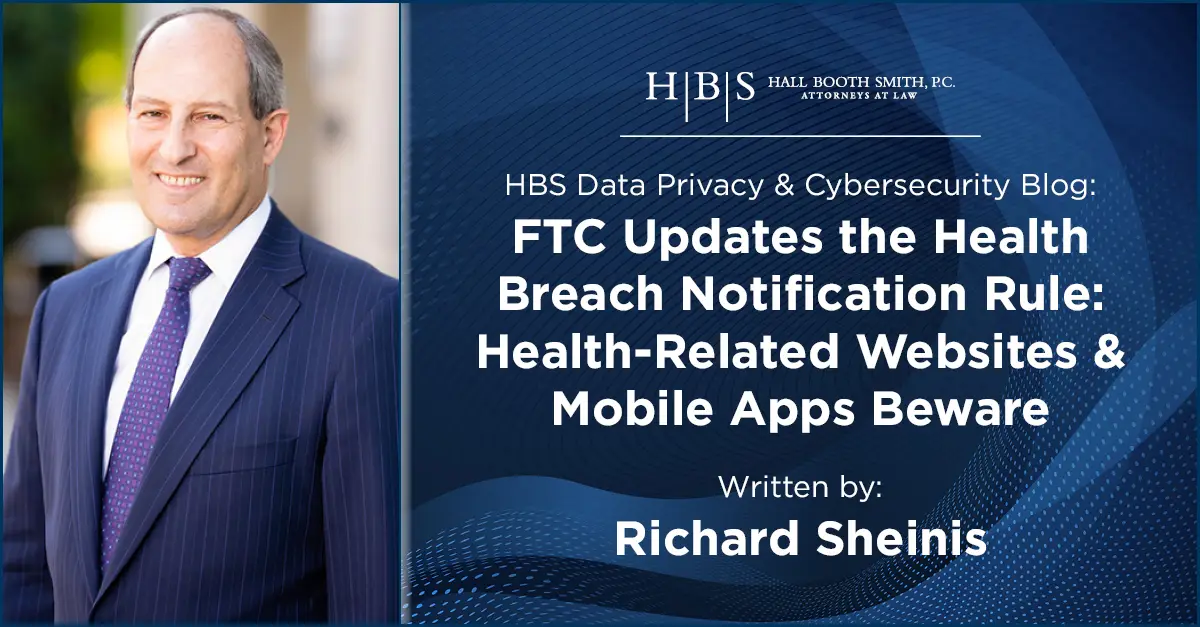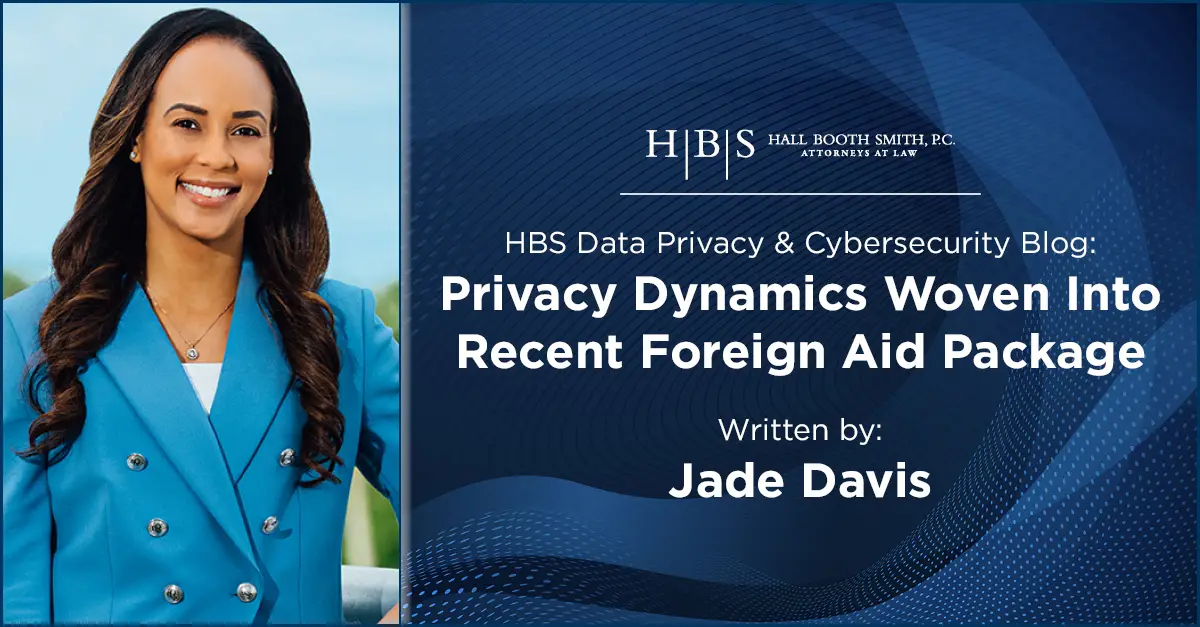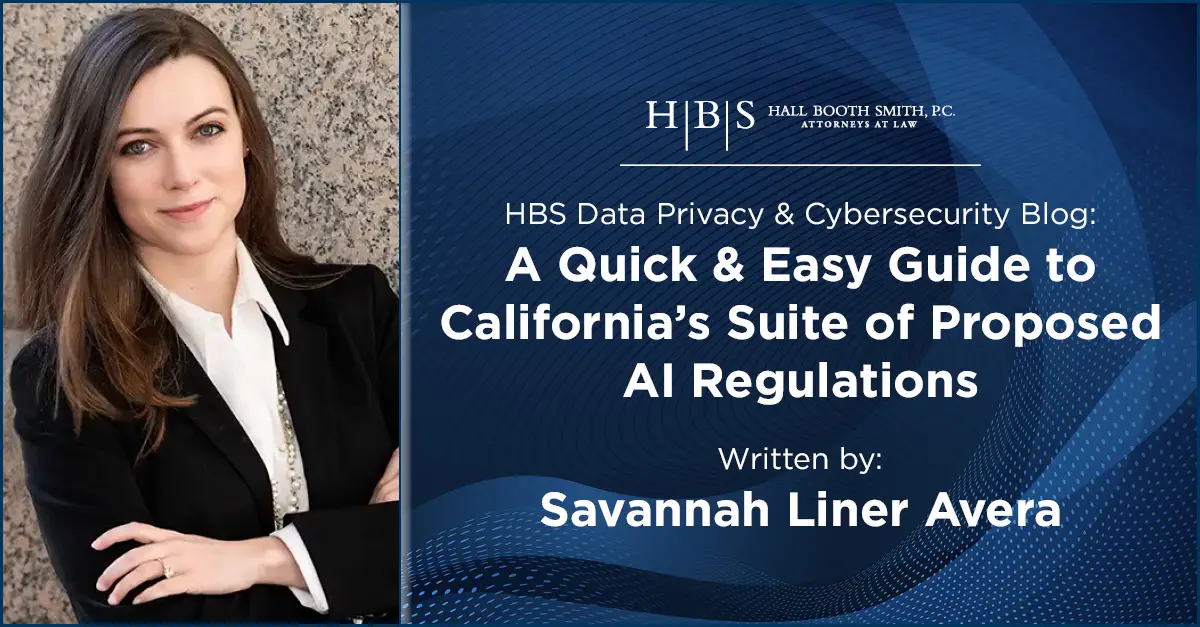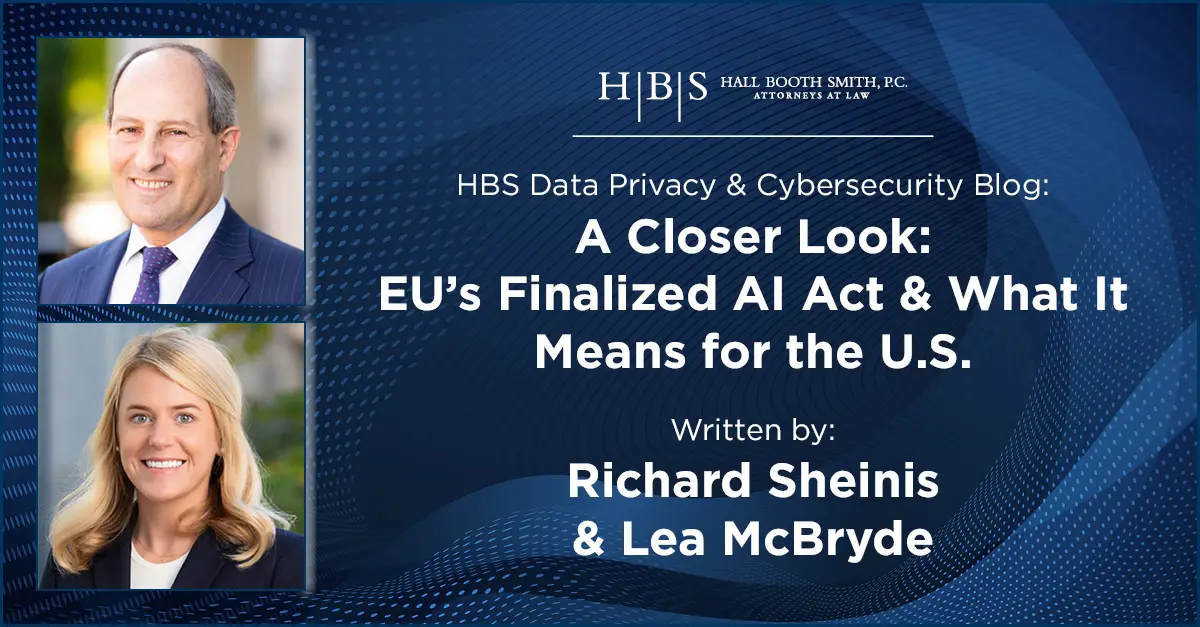EDPB Task Force Issues Report on ChatGPT Compliance with GDPR
The EDPB recently issued a report on the work done by the ChatGPT Taskforce offering guidance on how AI programs might be evaluated for GDPR compliance going forward...
Vermont Data Privacy Act (VDPA) H.121: Manifest Destiny Data Protection
Vermont’s new Data Privacy Act is poised to be the second strongest in the U.S., focusing on protecting consumers and children from aggressive data gathering and addictive algorithms. Learn about the bill's key provisions, compliance requireme
China’s New Regulations for Cross-Border Transfers
In March 2024, the Cyberspace Administration of China published new regulations on the cross-border data flows. These regulations aim to loosen the constraints of the compliance burden companies face while having operations in China...
FTC Updates the Health Breach Notification Rule: Health-Related Websites & Mobile Apps Beware
The FTC recently updated the Health Breach Notification Rule regarding the disclosure of health related information among websites and mobile applications.
Privacy Dynamics Woven into Recent Foreign Aid Package
In April 2024, the "Foreign Adversary Controlled Applications Act" and "Protecting Americans' Data from Foreign Adversaries Act of 2024" were signed into legislation, resulting in numerous data privacy matters being affected...
A Quick & Easy Guide to California’s Suite of Proposed AI Regulations
California rolled out 31 new Artificial Intelligence bills affecting almost every level of commerce. Find out how they may affect your business, human resource operations, healthcare, schools, and more.
Navigating the Updated OCR Guidance on Online Tracking Technologies: Key Insights
The recent update issued by OCR on March 18, 2024, revised the initial guidance from December 1, 2022, providing clearer directives for HIPAA covered entities and business associates regarding the deployment of online tracking tools.
A Closer Look: EU’s Finalized AI Act & What It Means for the U.S.
Touted as the world’s first comprehensive legal framework of its kind, the AI Act will go into effect in stages over the next three years. The AI Act will apply to both businesses operating within the EU and to any AI developers or creators wh
Meta’s “Pay or Consent” Model Instills Consumer Protection Issues in European Union
The EU Consumer Protection Agency has rallied against Meta's "Pay or Consent" model, claiming it is entirely too aggressive and coercive, fundamentally undermining the principles of GDPR.
Compromise Brings EU Artificial Intelligence Act One Step Closer to Final
On February 13, 2024, EU member states voted unanimously in favor of the proposed EU AI Act, the result of extensive negotiations and compromises between member states and is now expected to be formally adopted in March or April of this year.


